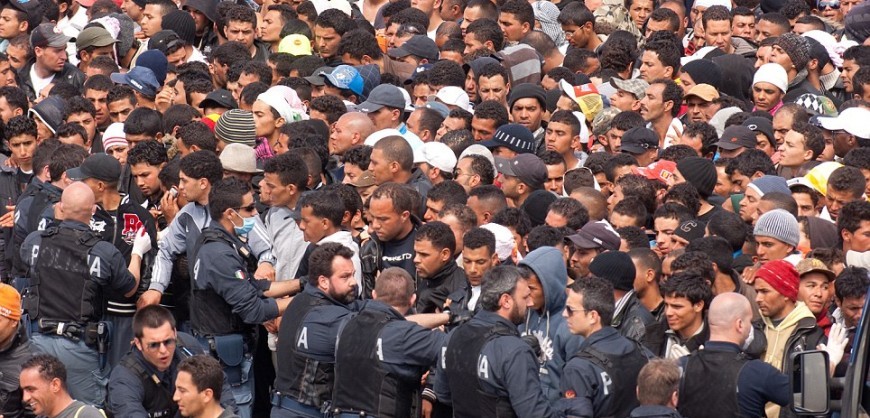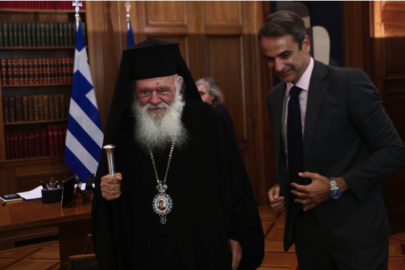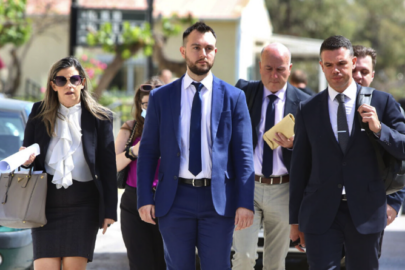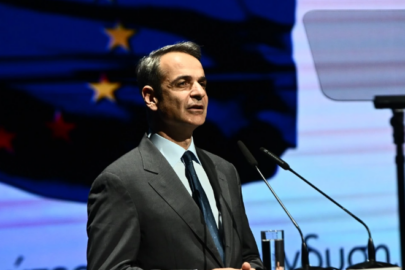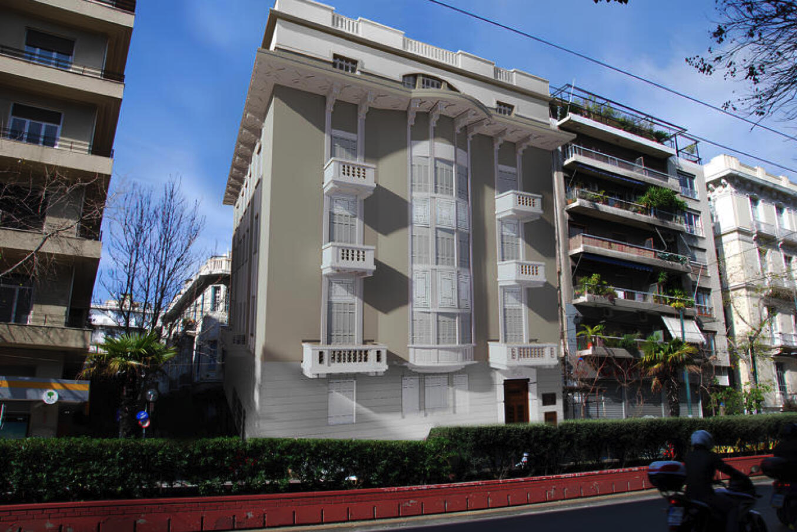The European Commission is stepping up assistance to Italy to deal with the skyrocketing flow of illegal migrants trying to reach the Italian isle of Lampedusa, near Malta in the central Mediterranean.
A number of important measures have been pledged.
* The Frontex Joint Operation “Triton” will be extended until at least the end of 2015.
* The European Commission has allocated €13.7 million in emergency funding from the Asylum, Migration and Integration Fund (AMIF) to Italy.
* The European Commission stands ready to react quickly to any Italian request to increase the resources of Joint Operation Triton.
* The Commission is also stepping up its surveillance of the implementation of the recommendations of the Mediterranean Task Force and will report back to the March Home Affairs Council on progress made.
An address was made concerning the issue by EU Migration, Home Affairs and Citizenship Commissioner Dimitris Avramopoulos
I have come to talk to you today about a reality that is becoming ever starker: Europe needs to manage migration better.Thousands of lives were lost in the Mediterranean over the past few years.
We have to be honest here: people will continue to come as long as they are not safe at home, and as long as they have no perspective there. The dark side of this is also that organized criminal networks involved in smuggling and trafficking in human beings will continue to abuse and profit from this situation.
The Italian coast guard officers who were threatened at gun point by armed criminals last week are a woeful example of the recklessness of those criminals. We cannot turn a blind eye. And we cannot carry on as if it were business as usual. First of all, I want to strongly commend the Italian coast guard and those from other Member States involved in the Triton operation. 2014 was a peak year with more than 200 000 people entering Europe via the Mediterranean.
Since the first of January 2015, more than 5.600 undocumented migrants were rescued, representing an increase of 50 % compared to last year. This high number already gives us an indication of what we can expect in the coming months and year(s).
While we need to respond in the short term with immediate actions, we also need to work towards the future. Migration is not just about people arriving in boats to Lampedusa.
Migration is also about why those people leave in the first place, and what happens to them once they arrive on our shores and are at risk of being trafficked.The migration process is complex, and requires a comprehensive approach.That is why migration is one of the top 10 priorities of this Commission. That is why we are working hard on a new European Agenda on Migration. The College will hold its first debate on this on 4 March.
This Agenda will present how the Commission, together with the other EU institutions, the Member States and its agencies, intends to mobilize all means to address migratory challenges. And this, in a global and sustainable manner, in full respect of fundamental rights.In parallel to developing this long-term strategy, we are also continuously supporting Italy and other Member States that are facing high migratory pressures at the EU’s external borders in the immediate and short term.
Firstly, we have extended today the activities of the Frontex Joint Operation Triton until at least the end of 2015. For this, we have an initial tentative operational budget of around 18 million euros. Since November 1, more than 19,000 people have been saved, and 6.000 of these are directly owing to the help and involvement of Operation Triton.
Last weekend, Frontex assets were involved in no less than 20 separate search and rescue operations in very difficult weather conditions. And we are willing to go further.
Frontex only has a supporting function and can only provide assistance to Member States at their request. But we are ready to respond constructively if Italy identifies the need to step up Operation Triton’s resources.Secondly, today, we have awarded Italy with an additional €13.7million in emergency funding from the Asylum, Migration and Integration Fund (AMIF) to support Italy in managing the flow of migrants, asylum seekers and refugees once they arrive on our shores.
All this assistance comes on top of the allocation that Member States already receive from us. Italy is already the main beneficiary of the EU Home Affairs Funds, with a basic national allocation of more than 520 million Euros (for the period 2014-2020). Today is already an extra step.We all know more needs to be done.
Managing migration is not the task of one Member State or only the Commission.We are in this together. This is a joint responsibility.But funding and operation support is only part of the story. Coming back to what I said before: we need to understand the various ways and routes persons choose to migrate and how sophisticated criminal networks engaged in human smuggling operate.
We need to work together as a union with countries of origin and transit to address the causes for migrant smuggling at the very roots. Cooperation with partner countries is a cornerstone of the Commission’s migration strategy for better global management of migration and mobility.
In this respect, I will work with the High Representative to intensify our contacts with key third countries in the coming months. I will also participate in the Foreign Affairs Council on 16 March to continue the discussions with the Foreign Affairs Ministers on how Europe can engage more and better with countries of origin and transit.
We need to step up our efforts to crack down on criminal networks involved in smuggling and trafficking of human beings.
In this respect, I will soon visit Europol to officially launch the project of a dedicated maritime intelligence centre to better identify and track these criminal networks operating in the Mediterranean.
We also need to offer people fleeing war and hardship safe and legal channels to come to Europe. Together with the Member States, we need to step up our efforts to establish a truly European programme for the resettlement of refugees.
The Commission is already working closely with Member States in the framework of the Resettlement and Relocation Forum. This is a significant step to ensure that Member States truly share responsibility. Finally, we are also stepping up our assessment of the implementation of all the recommendations of the Task Force Mediterranean and the Conclusions of last October European Council.
On March 12, I will report back at the Home Affairs Council on progress made.
I will explore with the Member States which additional measures need to be adopted to address the situation especially in the central Mediterranean.To conclude, as I said before: today we face a stark reality: Europe needs to manage migration better, in all aspects. And this is above all a humanitarian imperative.
We need a new and comprehensive approach to migration.We need a European solution. And that is what we are working on. In the short term, no, we cannot replace Italy in the management of the external borders but we can lend a helping hand.
So we will extend Operation Triton and we will increase its resources if this is what Italy needs.
The message we are sending today is very simple:
Italy is not alone.
Europe stands with Italy.

